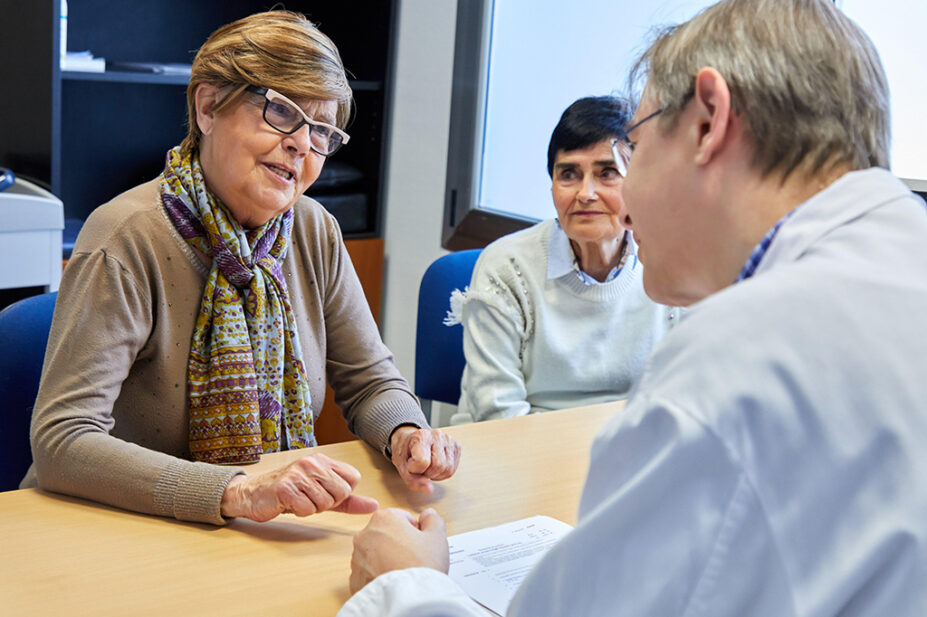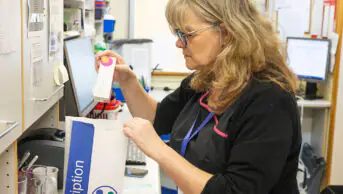
agefotostock / Alamy Stock Photo
Fewer patients than expected have been seen by pharmacists in a scheme piloting the inclusion of antidepressants in the new medicine service (NMS), NHS England’s pharmacy integration lead has said.
Speaking at The Pharmacy Show in Birmingham on 16 October 2023, Hammaad Patel said an evaluation of the pilot, up to September 2023, had been commissioned to be delivered by the end of October 2023.
Although the pilot will continue until March 2024, Patel said that “subject to a positive evaluation, depression could be included as part of the advanced service in the near future”.
A slide presented during his session showed that 193 confirmed patients entered the pilot service between December 2022 and September 2023.
Of these, at least 147 patients had an optional follow-up appointment and at least 15 completed an additional follow-up stage.
The Department of Health and Social Care (DHSC) announced in September 2022 that antidepressants would be added to the new medicine service (NMS) from April 2023, subject to analysis of a pilot scheme.
Answering a question from an audience member about the number of patients recruited for the pilot, Patel said that “the numbers were fewer than expected, particularly even from contractors”.
He added: “I remember, in the initial stages of the pilot, going out and engaging with contractors and how many contractors were really confident that they would be able to deliver many, many, many NMS episodes with patients being prescribed antidepressants. It’s no secret that antidepressant prescribing rates are very high.”
Patel said that NHS England had been looking into the reason the number of patients taking part in the pilot was less than expected.
“Capacity is an issue and there’s also a practical element in terms of this is a pilot. So this is not included in the IT systems that community pharmacists might be using and I think, over the last few years, community pharmacists have become quite reliant on their clinical IT systems flagging up opportunities for NMS. Depression is not in that,” he added.
Subject to a positive evaluation of the pilot, Patel said: “We will expect to see depression included in the clinical IT systems and the opportunities for the NMS for antidepressants to be alerted to pharmacy staff and that will increase the opportunities for recruitment into the service too.”
Another slide presented during Patel’s session showed that 156 pharmacy sites were invited to join the antidepressant pilot and, of these, 90 formally registered to offer the service. The slide showed there are now 74 ‘live’ sites, which have trained at least one pharmacist, and 30 ‘active’ sites, which have recorded at least one patient having used the service.
Additionally, 89 individual pharmacists have completed the training and enrolled onto the pilot, with 34 individual pharmacists currently ‘active’.
The Royal Pharmaceutical Society has previously called for community pharmacists to be able to support people with mental health conditions by including antidepressants in a service, such as the NMS.
The NMS, which launched in 2011, enables community pharmacists to support patients who have been newly prescribed medicines across several therapy areas, including osteoporosis, gout, heart failure and glaucoma. The service was expanded from covering 4 therapy areas to 16 in August 2021, as part of the agreement for the third year of the current five-year community pharmacy contract.


